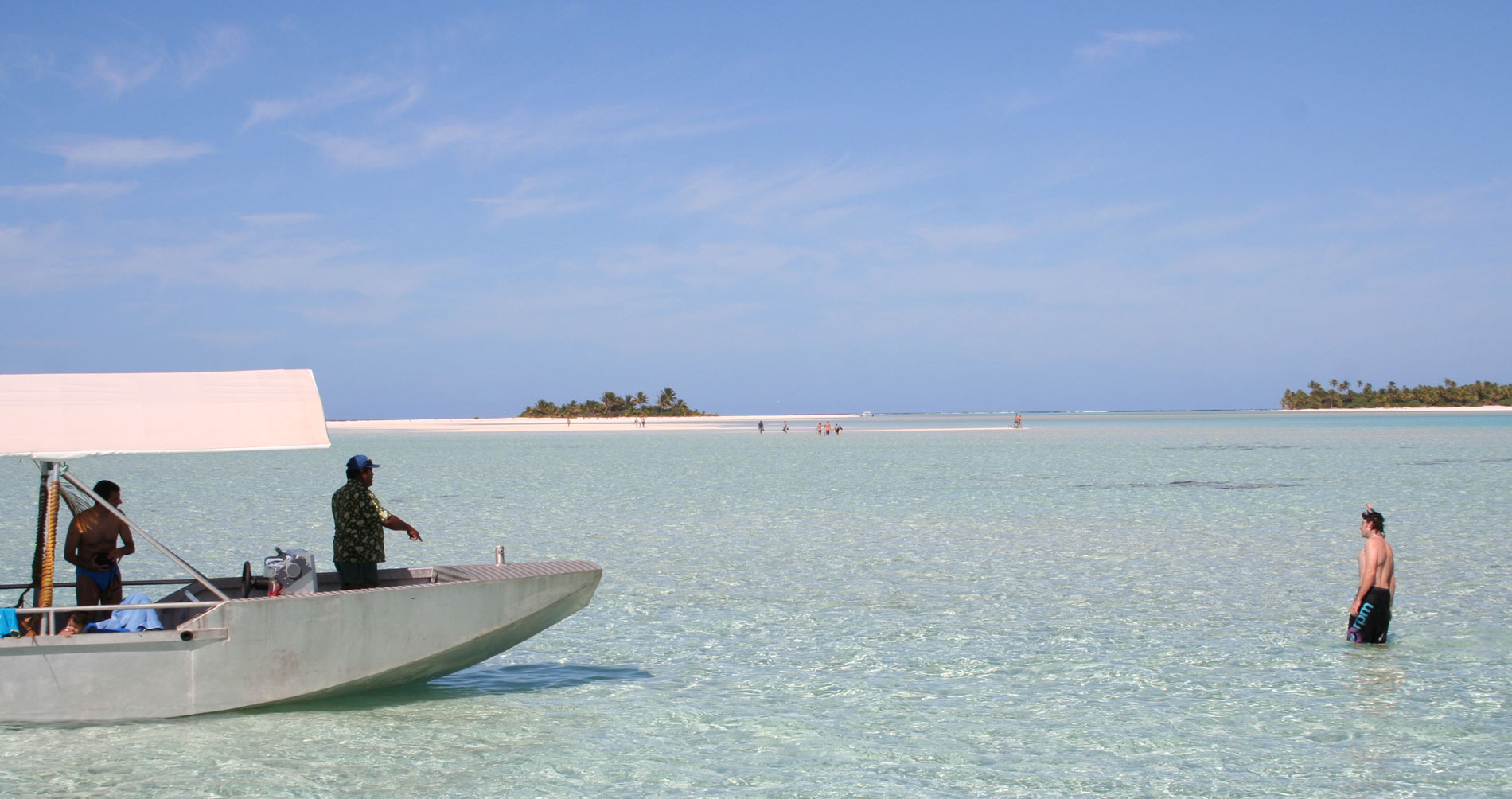How is Rabies spread?
Humans usually catch it from being bitten, scratched or licked on broken skin by an infected pet, or by a stray or wild animal. The contact introduces the Rabies virus into the wound.
Overall, dogs transmit the most cases of worldwide human Rabies, but the virus can affect any warm blooded animal including bats, monkeys and cats.
Infected animals can often behave unpredictably – a normally friendly pet may turn aggressive, or a usually timid wild animal may appear very tame.
What are the symptoms of Rabies?
Typical symptoms can include:
- Fever
- Headache
- Vague sensations at the bite site
- Weakness
- Paralysis
- Spasm of swallowing muscles (hydrophobia) leading to fear of drinking water
- Delirium
- Convulsions
- Bizarre behaviour
All the signs and symptoms gradually progress to death, which usually occurs, from the paralysis of breathing, in under a week.
Who is at risk?
The Rabies disease is found Globally though has never been reported in NZ or the Pacific region. High risk areas include but not limited to: Mexico, Guatemala, Colombia, India, Philippines, Thailand, China, El Salvador, Ecuador, Nepal, Sri Lanka, Vietnam, Bangladesh, Peru, Indonesia.
Those working in a Rabies-infected country (especially if working with animals) are potentially at risk. Other types of travellers that are advised to consider pre-exposure Rabies vaccination include those spending time in countries where Rabies is a constant threat and those going to be away from a major medical centre for any length of time eg: trekking, caving, remove or isolated travel regions. A particularly high rate of exposures happen to children, being so keen to pat dogs and other animals.
Our Travel Health Specialists are able to help you decide if the Rabies pre-exposure vaccination is recommended for your travel.
How to avoid Rabies
The main way to avoid Rabies is to avoid contact with animals whilst travelling in infected regions. Visiting monkey temples and other various animal sightseeing locations, particularly where you can feed and pat the animals are all possible places of contact.
There is a Rabies vaccination series you can get before you travel to at risk areas. This does not mean that you do not need to seek medial attention should you then be bitten by an infected animal. But, it does offer you more time to get to a medical professional (which is often why remote travellers have the vaccination). It also prevents the need to get the urgent HRIG vaccination essential for those bitten who haven’t been previously vaccinated. HRIG can be incredibly difficult to get worldwide and can be very expensive.
Further information about Rabies
Whether you have the pre-exposure Rabies vaccination or not, and are bitten, scratched, or licked on broken skin by a potentially rabid animal, it is very important to get to a medical facility immediately.
After contact, symptoms can occur within 5 days, but have also been recorded taking 10-25 years. In short, this is not a disease you want to wait and see if symptoms develop!
There is so much more information about Rabies and Rabies vaccination. Worldwise are New Zealand’s leading specialists in Rabies and the specialist Rabies pre and post vaccinations. Please contact us if you are concerned that you might have come into contact with a potentially rabid animal.
Please note that the recommendations given are general guidelines as to what may be required for a trip to these countries. However, they really do depend on many factors of your travel itinerary and medical history. All travellers are strongly advised to make an appointment to see a WORLDWISE Travel Doctor for up to date advice (including a vaccination plan and anti-malaria recommendations) tailored specifically to your upcoming trip.
Remember, our Travel Health Specialists are travellers too and have probably been to the region that you are going to. They appreciate the importance of enjoying a problem-free trip and of staying healthy abroad.

